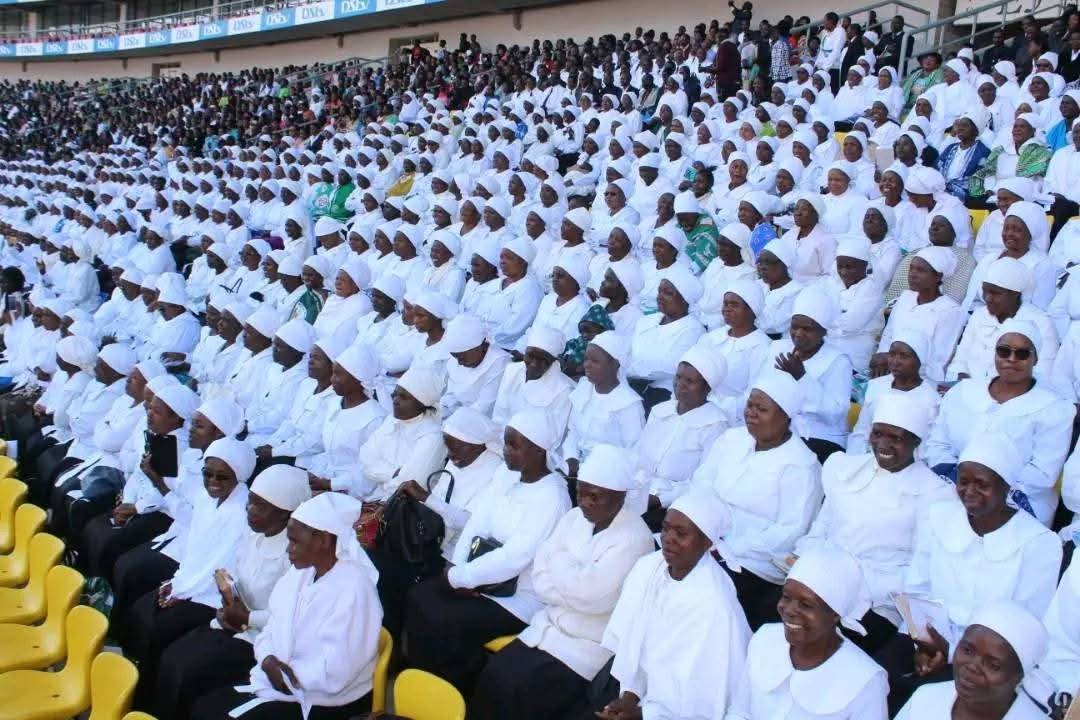By Burnett Munthali
The CCAP General Assembly, a unifying body of the Church of Central Africa Presbyterian across synods such as Livingstonia, Nkhoma, Blantyre, Zomba, and Harare, has issued a heartfelt pastoral letter that cuts across spiritual, economic, and governance issues in Malawi.
This pastoral letter comes at a time when the Church is commemorating its centenary—100 years since its formation in 1924—an occasion meant for celebration, but now shadowed by growing concerns about the moral and social direction of its membership and the country at large.
On page two of this critical document, the leadership of the General Assembly confronts the spiritual decay they observe within the CCAP community, calling for a revival rooted in fervent prayer and Christian discipline.
The letter emphasizes that spiritual transformation is the foundation upon which broader national renewal must be built.
It argues that personal and communal spiritual health is not only a matter of religious importance, but also a catalyst for meaningful societal change.
By drawing on biblical teachings and the example of the Apostle Paul, the Church underscores the value of perseverance in prayer and personal sacrifice as pathways toward daily provision and national restoration.
The General Assembly reminds its members that Paul was not only a devoted servant of God but also a hard-working individual who labored to sustain himself.
This image of self-reliance and spiritual discipline is presented as a model for modern Christians facing the multifaceted crises confronting Malawi.
The Church urges believers to resist the temptation to passively watch national problems unfold and instead commit themselves to active prayer, hard work, and moral living.
Implicit in this call is a critique of dependency, laziness, and materialism—vices the Church fears are creeping into its own ranks.
The pastoral letter thus serves as both a mirror and a map: a mirror reflecting the failings of CCAP members in upholding spiritual values, and a map pointing the way toward a renewed Christian identity that contributes positively to national development.
It is also a subtle warning to leaders—both secular and religious—that ignoring moral decay and spiritual negligence among the population will only worsen Malawi’s socio-economic problems.
While spiritual revival is its central theme, this section of the letter lays a foundation for the Church’s broader message in subsequent sections dealing with economic justice, political accountability, and institutional integrity.
In its tone and structure, the message is not merely devotional; it is prophetic.
It blends pastoral care with social urgency, asking not just for prayerful hearts but for transformed minds and responsible citizens.
The underlying question the Church seems to pose is this: Can Malawi rise from its current troubles without a corresponding spiritual awakening among its people?
Page two of this letter answers with a resounding no.
The CCAP General Assembly believes the future of Malawi depends not only on policy shifts or political changes, but fundamentally on a change in the spiritual condition of its people.
In this sense, the Church is reclaiming its prophetic voice—not as a passive observer, but as an active participant in shaping the nation’s destiny.
And as the pastoral letter continues beyond this page, one can expect even bolder statements aimed at confronting systemic injustices and calling both government and the governed to a higher moral standard.




